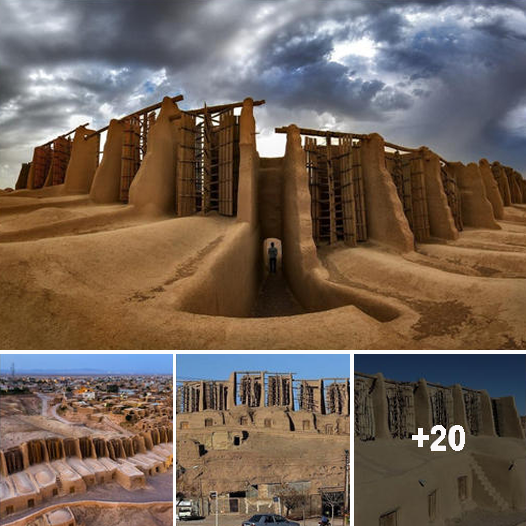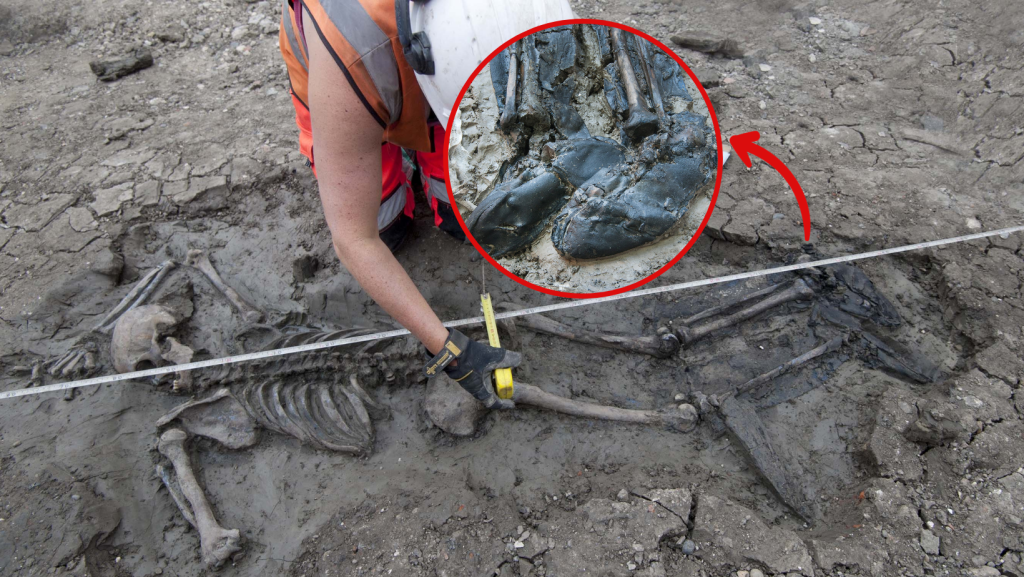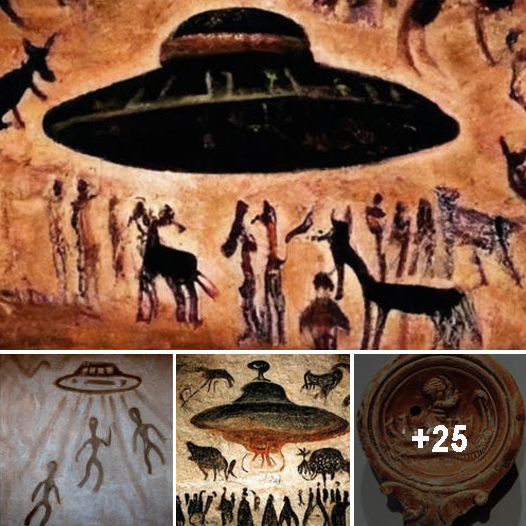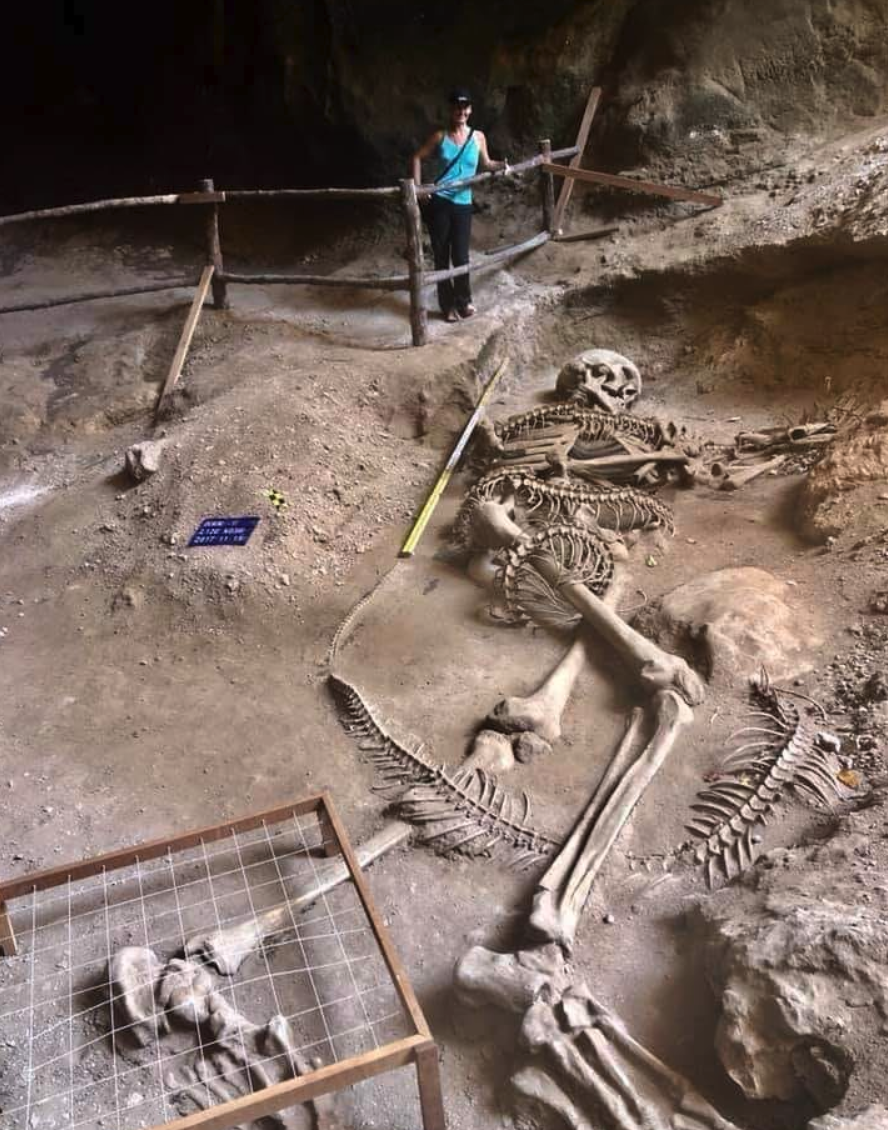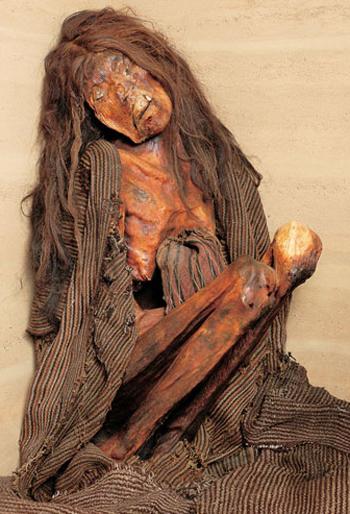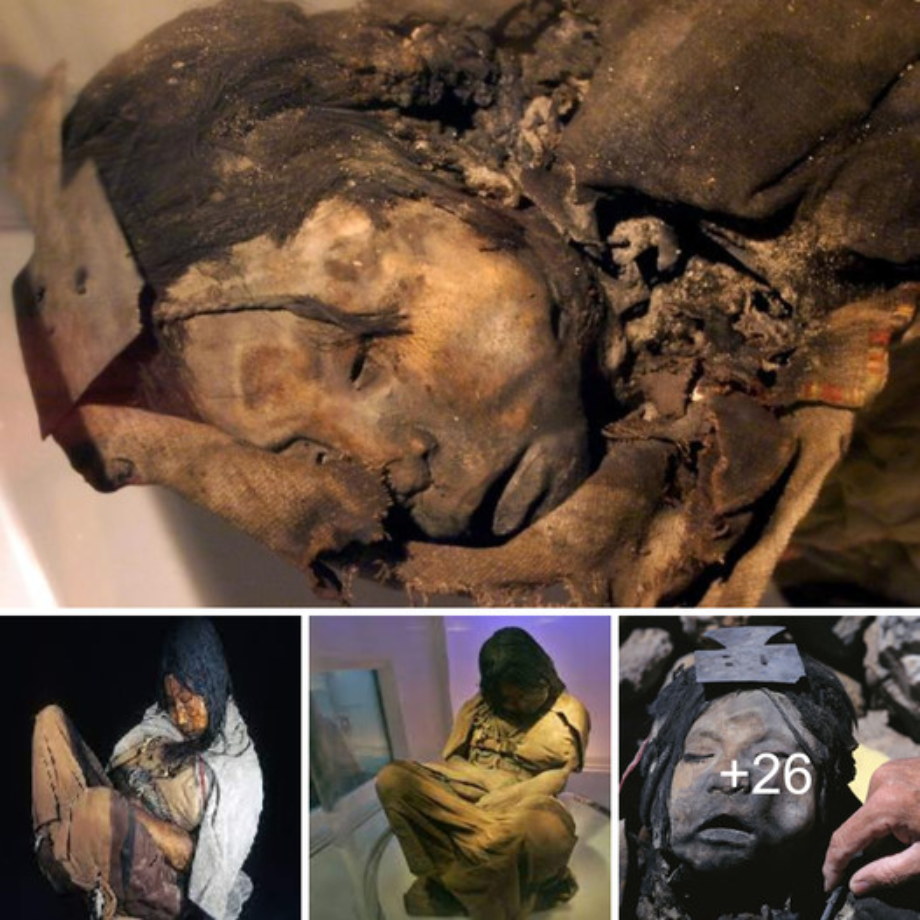A fossil from a a carnivorous dinosaur that lived about 98 million years ago was unearthed by an Egyptian-led team of researchers in the country’s Western desert. The well-preserved neck vertebra, discovered during a 2016 expedition to Bahariya Oasis in the vast desert, belongs to an Abelisaurid theropod, a species that lived during the Cretaceous period (about 145 to 66 million years ago), according to researchers.
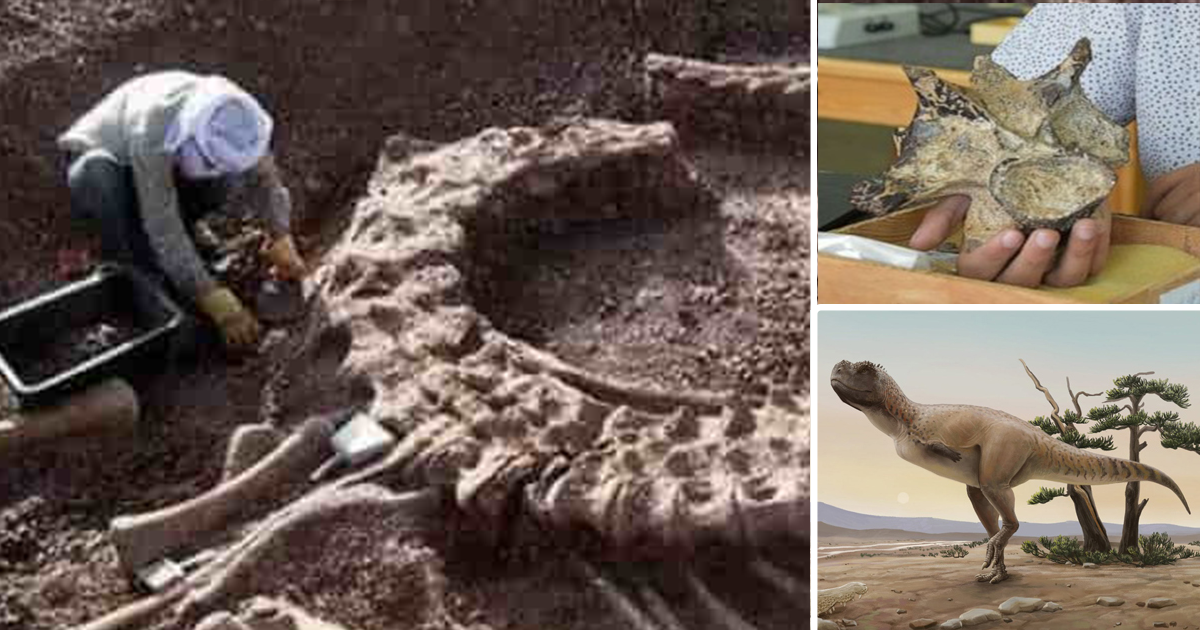
The species were more common in parts of Europe and modern Southern Hemisphere continents, such as Africa and South America, in addition to the Indian Ocean island of Madagascar. It’s the first time that remains of Abelisaurid, named after Argentinean Roberto Abel — who first discovered remains of the species decades ago — were found in Egypt. It is the oldest known fossil of the species in northeastern Africa.

In the early 20th century, fossils of other famous dinosaurs were discovered in the region, including Spinosaurus, but the samples were destroyed during the bombing in Munich during World War II. The study was conducted by members of the Mansoura University Vertebrate Paleontology Center (MUVP), Egypt’s Environmental Affairs Agency and U.S. researchers. The results were published in the scientific journal Royal Society Open Science. Hesham Sallam, the founding director of the MUVP and a member of the research team, told ABC News that a meticulous operation was carried out to remove iron and sand from the vertebra’s surface.

“It’s the first time we discover here a meat-eating dinosaur in over a century… teams from Pennsylvania previously found fossils of plant-eating dinosaurs in the same area,” Sallam added. “We found other things but we are not making further announcements for the time being,” he said. The Carnegie Museum of Natural History in Pittsburgh describes Abelisaurid as a “kind of bulldog-faced, small-toothed, tiny-armed theropod that is estimated to have been roughly six meters (20 feet) in body length.”

“It has a big skull that resembles the shape of a bulldog … Its teeth look like knife blades, which enable it to grip its prey and tear off its flesh,” Belal Salem, a member of the MUVP and a graduate student at Ohio University who led the study, told ABC News. In 2018, fossils of a plant-eating Cretaceous Period dinosaur were also uncovered in another oasis in western Egypt while remains of a 43-million-year-old semiaquatic whale were unearthed in the Fayoum province, south of Cairo, last year.
